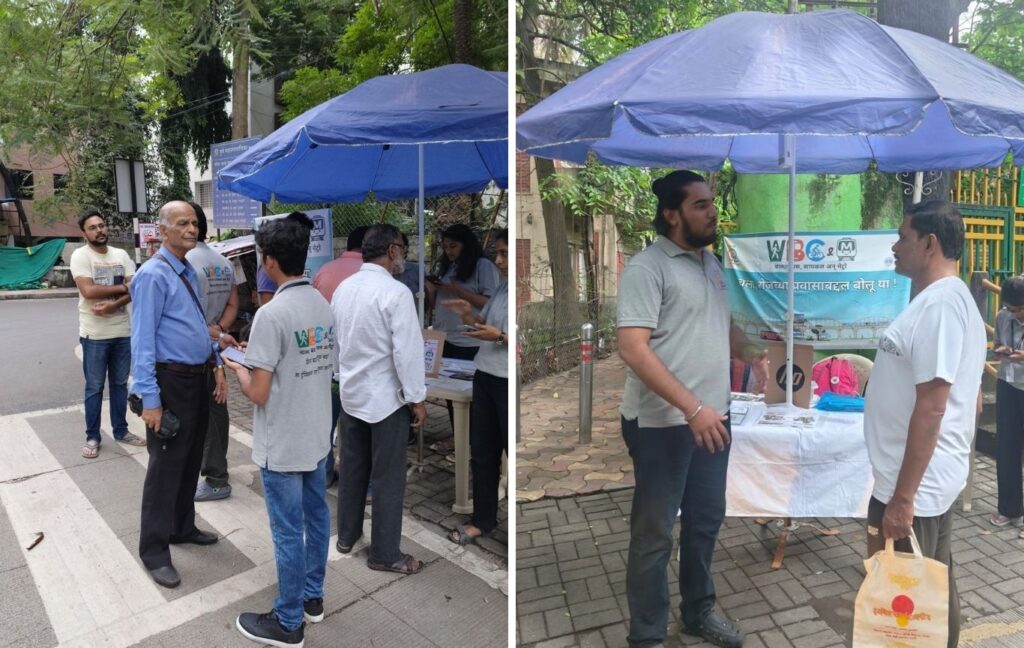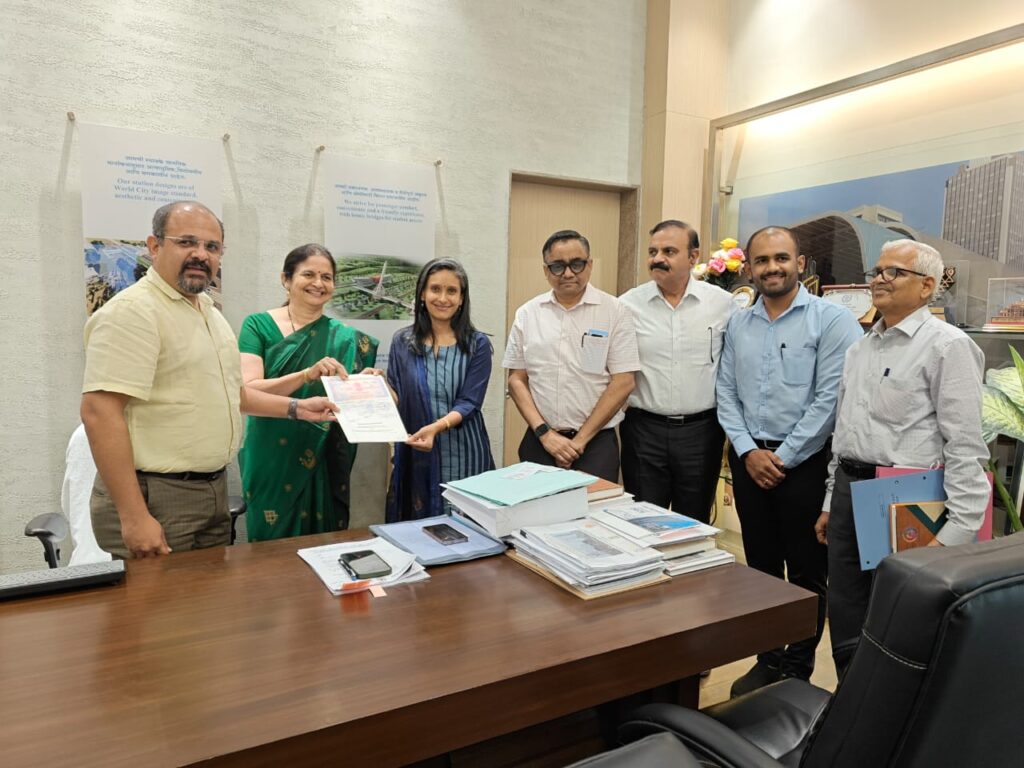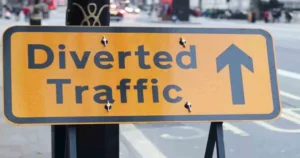Pune: Pilot Study Launched To Boost Metro Ridership And Last-Mile Connectivity

Pune: Pilot Study Launched To Boost Metro Ridership And Last-Mile Connectivity
Renuka Suryavanshi
Pune, June 27, 2025 — In a collaborative move to enhance urban mobility, the Pune Knowledge Cluster (PKC) and Maha-Metro have launched a pilot study aimed at increasing ridership on the Pune Metro and improving last-mile connectivity. The study began in May and will continue until the end of the year. The survey was carried out in Rambaug colony – MIT College road where most of the people were questioned.
The initiative seeks to understand commuter behaviour, identify barriers to metro adoption, and propose actionable, data-driven solutions related to infrastructure, service delivery, and accessibility. A special one-month campaign—tentatively titled ‘Metro Month’—is scheduled for October or November to test proposed solutions through social media outreach, on-ground engagement, and awareness initiatives.

Led by PKC CEO Priya Nagaraj and senior advisor Anita Kane, the study is being implemented in partnership with the Centre for Environment Education (CEE) India and Save Traffic Movement (STM). According to Maha-Metro MD Shravan Hardikar, the project merges behavioural research, community dialogue, and infrastructure evaluation to address why many commuters still avoid using the metro.
“We’re looking into everything—from feeder services and footpath conditions to ticketing integration,” said Ankita Kane. “We’re collecting feedback from diverse commuter groups along the Vanaz-Garware College (Aqua Line) corridor, which spans residential, student, and commercial zones.”
Kane emphasized that the campaign relies on multi-channel outreach including door-to-door visits, focused group discussions, and field-based surveys. “It’s not just about asking commuters—we’re also engaging rickshaw drivers, students, vendors, and carpool users to understand ground realities,” she said.
Issues like parking chaos caused by carpool users in residential lanes of Bavdhan, and overcrowding at stations like Anand Nagar during peak hours, are being carefully studied. Proposed solutions include introducing shared pink autos, mini-vans, PMPML route extensions, and upgraded pedestrian access.
Kane said that multiple authorities are involved in increasing the metro ridership. The findings of the study will now be shared with the PMPML, PMC and Pune Traffic Police so that there is effective implementation of suggestions.
If the pilot proves successful, its outcomes could inform strategies for the Mumbai Metro and other metro networks in Maharashtra. “Every neighbourhood has specific mobility challenges. Our recommendations will reflect those nuances. We also plan to make the study on a wider map of Pune where Metro is planning its new routes so that the improvisations can be done accordingly.
The study is seen as a significant step toward improving public transport adoption in Pune and may set a replicable precedent for urban mobility improvements across the state.
Harshad Abhyankar, founder of Save Pune Traffic Movement (SPTM), stated that the primary objective of the study was to enhance metro ridership by addressing challenges faced by commuters while driving or walking to the nearest metro stations. The on-ground survey in the area was facilitated by Sandeep Bhadkamkar from Citizens Forum @11 (CF@11), which actively works on local civic issues.
The pilot survey was conducted over three days, from Friday to Sunday, and served as a preliminary assessment. “We now plan to expand our outreach to commercial complexes, residential societies, conduct focused group discussions, and engage with colleges and companies,” Abhyankar said.
He added that the study’s goal is to ensure the first and last-mile journey for commuters is seamless, safe, and affordable. “We hope the feedback collected during this exercise is taken into consideration seriously and that the suggested interventions are implemented effectively,” he concluded.
The organisations have appealed that corporate companies, businesses in commercial complexes, colleges must promote use of public transport and support the initiative.










